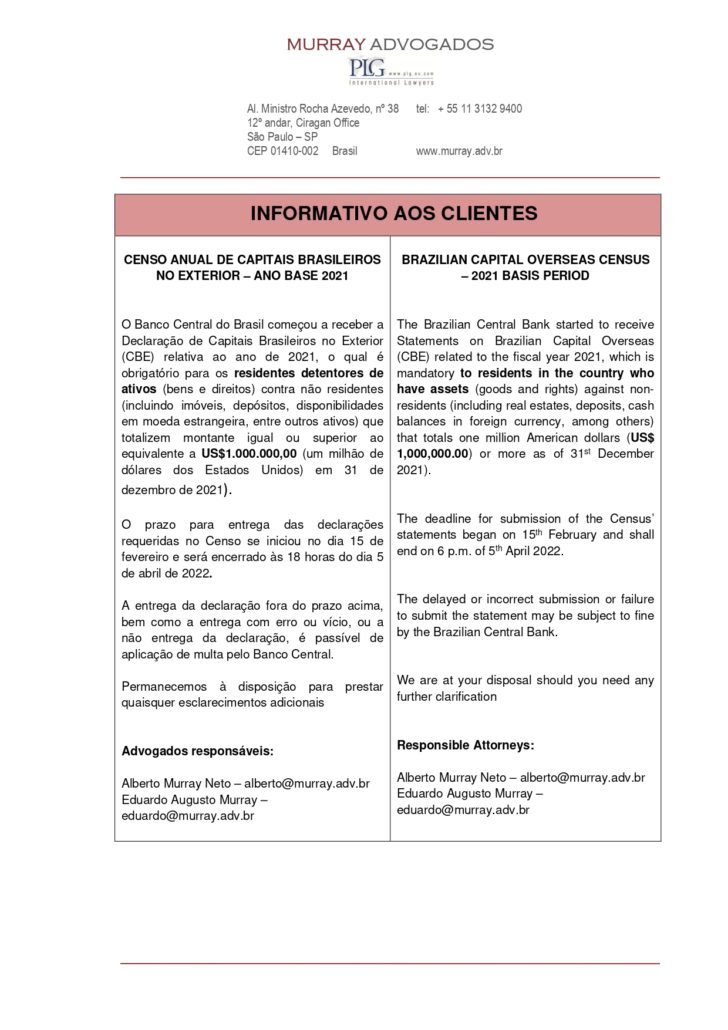More than 60% of industrial companies that buy chips pointed out difficulties in finding these items in January
03/07/2022
/i.s3.glbimg.com/v1/AUTH_37554604729d4b2f9f3eb9ad8a691345/internal_photos/bs/2022/n/W/VYkH47SU2C0ta0zHEmZg/chip-fab14inc017-946-0.jpg)
Divulgação TSMC — Foto: Asian semiconductors factory; in Brazil, inventories are likely to be further pressured by conflict
The inventories of semiconductors in Brazil, already in a critical situation, are likely to be further pressured by the Russia-Ukraine war. More than 60% of the industry pointed out difficulties in buying those items in January.
Russia and Ukraine are major global producers of palladium and neon gas, respectively, which are key inputs to make chips. Palladium is a metal especially used in sensors and memory components. Semiconductor-grade neon, on the other hand, is purified by Ukrainian industry and is critical for lasers used in chip manufacturing.
“The war is a new component that has us very concerned, because we have been having problems with semiconductors since suppliers in Asia were no longer able to meet the demand for these items,” said Humberto Barbato, head of Abinee, the Brazilian trade group of the electrical and electronics industry.
Now the war creates a bottleneck in the previous stage, in the suppliers of these semiconductor manufacturers. “Available stocks of raw materials in the semiconductor factories exist, but they are not infinite. From the talks we’ve had with semiconductor makers, the impact is expected to be limited in the short term. But the longer the war lasts, the greater the risk of shortages,” Mr. Barbato said.
Computer and mobile device makers say it is still early to assess any impact of the war in the supply of components to Brazil. “More than the shortage of raw materials, there is inflationary pressure on components,” said Norberto Maraschin, head of consumer business and mobility at Positivo Tecnologia. He refers to the prices of electric and electronic components and freight costs, which surged as Asian plants closed at the beginning of the pandemic.
Although supply is restricted, the scenario is no longer one of shortage and shows signs of improvement. “The value of the container rental for importing components, which went to over $15,000 from $2,000 during the pandemic, has been gradually dropping,” Mr. Maraschin said.
Santa Catarina-based Avell, a high-capacity notebook maker, has adapted to the pace of the semiconductor market, moving up orders by six months instead of two months, said Emerson Salomão, the company’s founder and CEO. Now, according to him, the suppliers’ delivery times are getting shorter. “The situation is better than last year,” the executive said.
The duration of the conflict between Russia and Ukraine will define the impacts on the sector and the deadline for the regularization of the supply chain. “If there was no war, we were anticipating a normalization in the second half of the year”, says Mr. Salomão.
Abinee’s last survey, conducted in January with 80 members, showed that 67% of the respondents that use these components in their production reported difficulties in acquiring them. This means an improvement over the previous survey, from December, in which 73% reported difficulties. Among the respondents, 53% said they believed that the supply of semiconductor components would be normalized by the end of 2022: 22% believed that it would still be in this first half of the year, while 34% predicted that this would only happen in 2023. Still, 13% of the interviewees said that their suppliers had not given any forecast. There has not yet been a survey after the invasion of Ukraine.
As Reuters reported on February 24, many semiconductor manufacturers said they were monitoring the situation. Korean memory chipmaker SK Hynix said it had a large volume of raw material, and GlobalFoundries, which is based in the United States, said it has the flexibility to seek suppliers from other countries.
Source: Valor Econômico

/i.s3.glbimg.com/v1/AUTH_37554604729d4b2f9f3eb9ad8a691345/internal_photos/bs/2021/8/3/gpajCUTu6XBdp1fwbdMw/embraer-aviao-divulgacao.jpg)
/i.s3.glbimg.com/v1/AUTH_37554604729d4b2f9f3eb9ad8a691345/internal_photos/bs/2022/j/v/4yPeLiTuWdXfGWPospAA/graodireto.jpg)
/i.s3.glbimg.com/v1/AUTH_37554604729d4b2f9f3eb9ad8a691345/internal_photos/bs/2021/k/g/iT7eOPR2CT5MCBsIGoyg/114450032.jpg.jpg)


/i.s3.glbimg.com/v1/AUTH_37554604729d4b2f9f3eb9ad8a691345/internal_photos/bs/2022/Z/U/O8KTkZSjAPnTnnTeAKUg/011119abiquim085.jpg)

